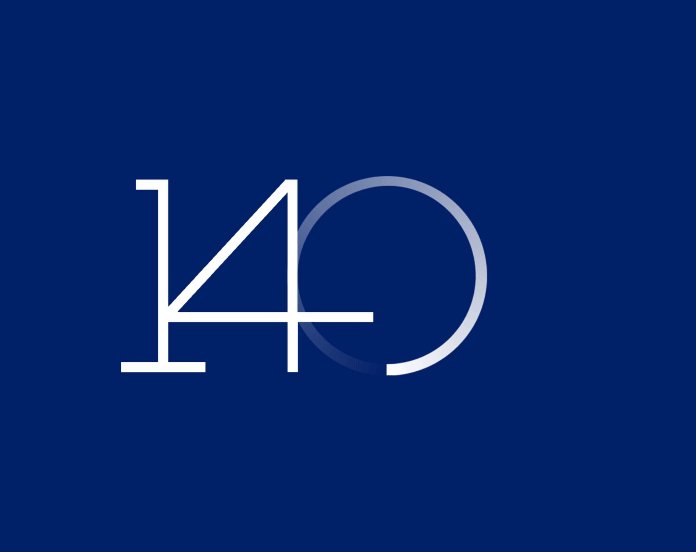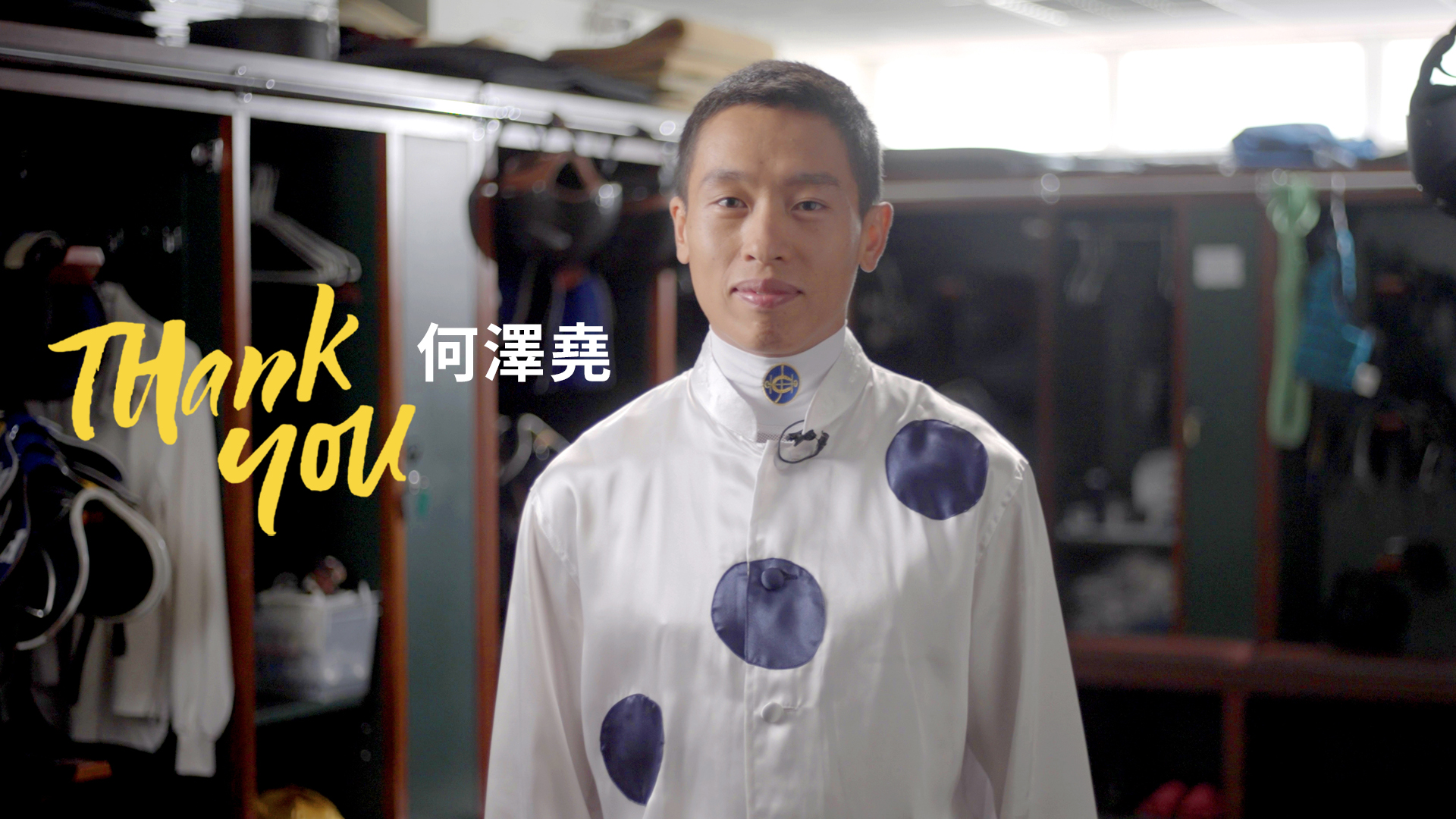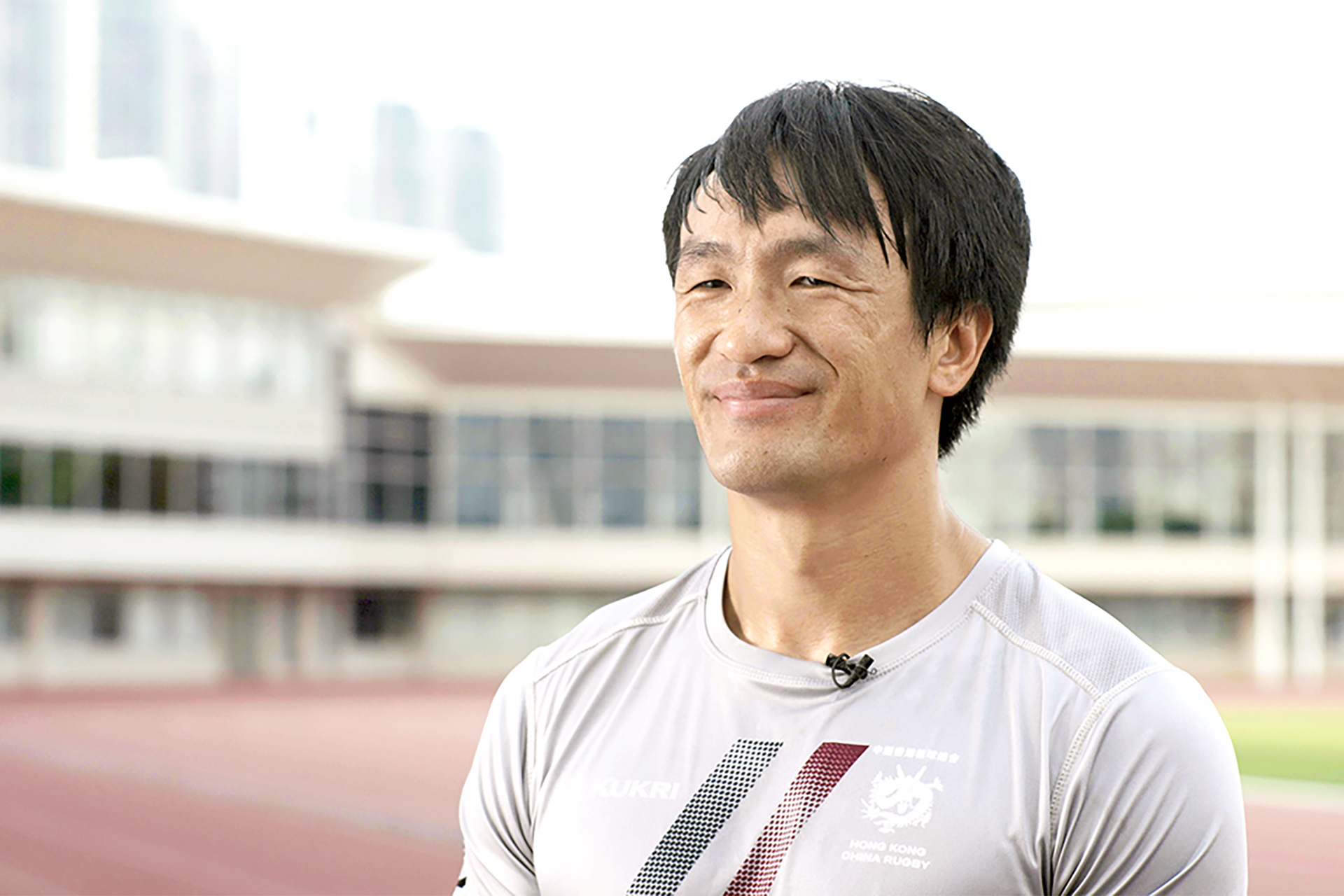From his early days as a graduate of the Club's Apprentice Jockeys' School to achieving multiple victories competing on legendary racehorses like Golden Sixty, celebrated local jockey Vincent Ho shares insights into his remarkable career and how he stays grounded amidst the highs and lows.
Our day starts early, often before dawn. That’s because we need to work with the horses, especially those we’ll be racing soon. Mornings sometimes include participating in barrier trials, after which we report to the trainers on the horses' condition and discuss any preparations needed for upcoming races. Constant communication with trainers is key, as we try to secure rides on quality horses. In the afternoons, we focus on physical fitness or physiotherapy to ensure we have the endurance required to get through the demanding ten-month racing season.
Discipline is a very important quality for a jockey. The racing season lasts for 10 months, and we’re riding almost every day, as well as engaging in endurance training. To stay consistent, I eat pretty much the same breakfast every morning, so as to keep my weight as steady as possible. It’s important to avoid extreme measures, like starving oneself before a race just to meet weight requirements. I used to work with a nutritionist to manage my diet, but now I’ve switched to a plant-based diet, which makes it easier to maintain my weight in a healthier way.
More Stories: Danny Shum | Passing the torch
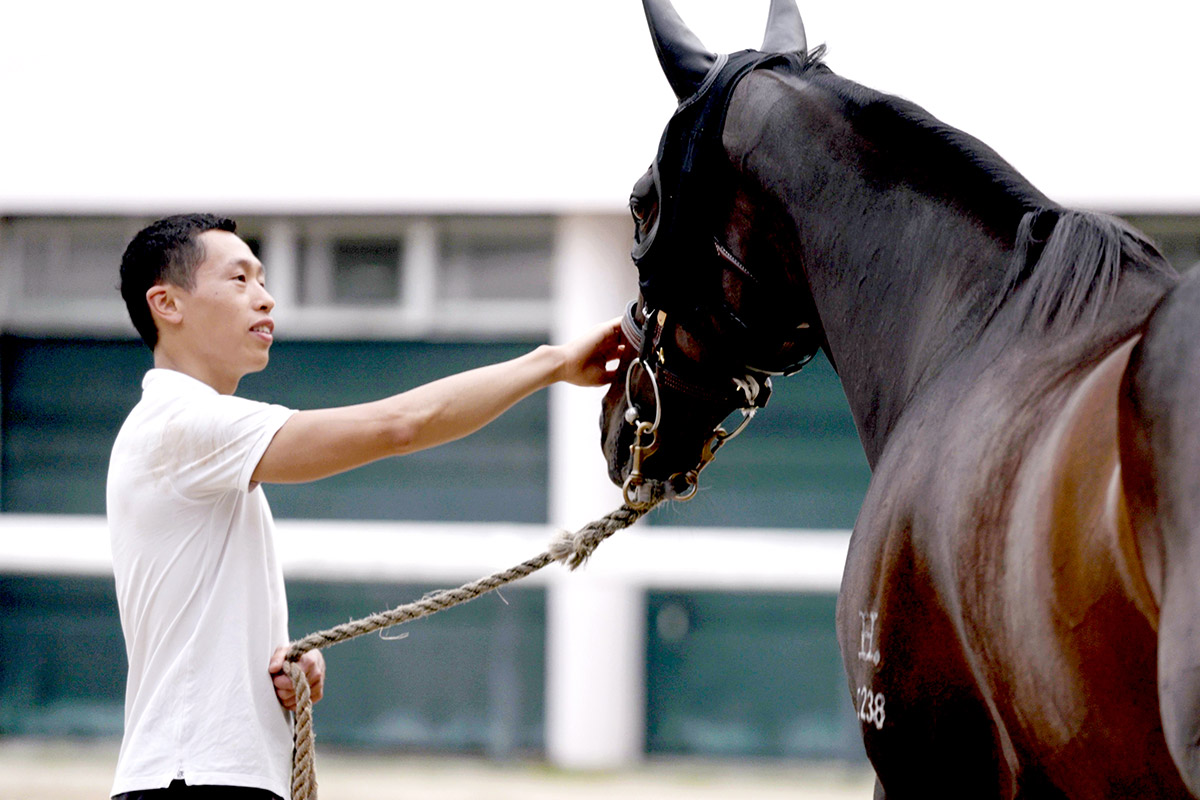
Horses are incredibly sensitive to human emotions— they can feel a person’s heartbeat and sense their mindset, often more easily than other human beings can. That’s why I always try to approach each race with a positive attitude. Even if I lose a race, I have to stay optimistic for the next one, because bringing negative emotions into a new race can reduce your chances of winning with that horse. Likewise, after a victory, I try to stay calm and avoid big emotional highs and lows. I believe keeping a steady mindset is key to long-term success.
It’s a partnership. Unlike other sports which require you to use mechanical equipment, a horse is a living, breathing animal with its own thoughts, feelings, and moods. As a jockey, it’s crucial to build a strong connection with the horse and to treat it with respect.
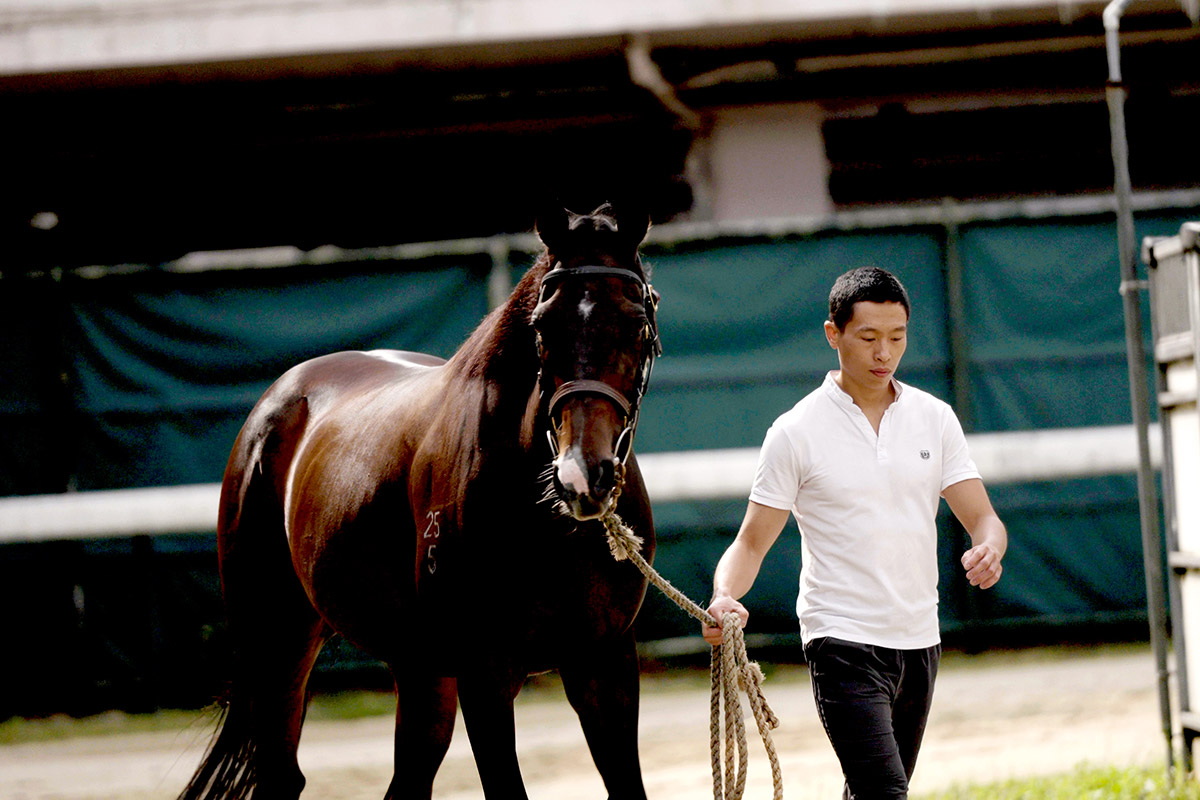
I’m extremely grateful to trainer Francis Lui for giving me the chance to ride Golden Sixty. When Golden Sixty was three, we didn’t know he was going to become a champion yet, but we already noticed his determination and ability. By the time he turned four, we knew just how remarkable he was, and from then on, it’s been win after win. I’ve developed a close bond with him. After my morning sessions, I often visit him in the stables, and sometimes I assist the physiotherapist in helping him unwind after trials or training.

Lighting up the lives of "hard-to-reach" elderly
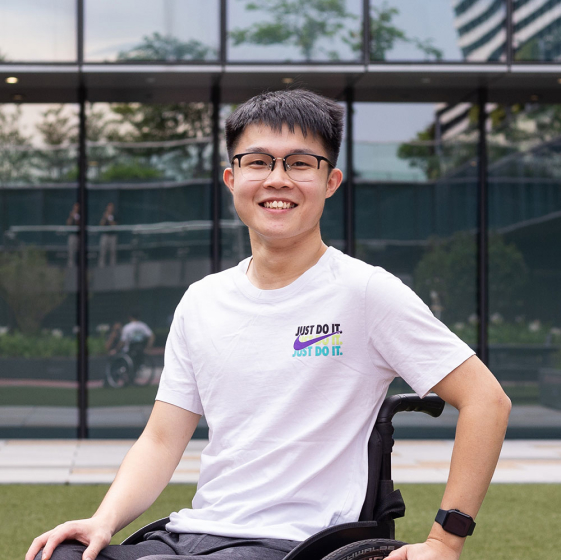
Fostering systemic transformation: start with individuals
